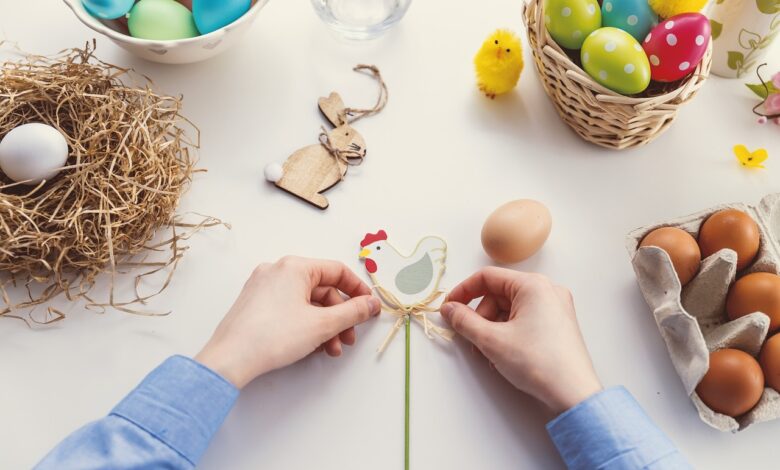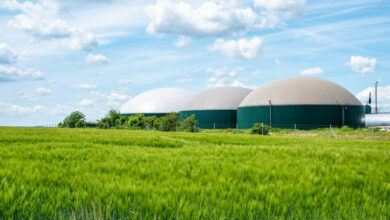Eco-friendly Easter: embracing traditions with a sustainable twist

As the Easter holiday is approaching, many people try to make the festivities more sustainable while keeping the traditions alive. From gifts to food and family gatherings, there are several ways to reduce our environmental impact while still enjoying the traditions surrounding Easter.
Regardless of the geographical location, hosting a feast is an essential part of the Easter holiday. The carbon footprint associated with transportation and the extensive amount of food wasted are things to be mindful of. Planning ahead not to overbuy and making an effort to purchase only locally produced food not only eliminates the pollution from long-distance transportation but also helps small local businesses. Of course, not everything can be bought locally so keeping an eye on where our food is imported from is also important.
Chocolate is one of the essential components of Easter but finding brands that are sustainably produced and sourced can be difficult. Incorporating more plant-based food into our meals which are better for the environment and can be delicious and nutritious.
Plastic Easter baskets filled with disposable toys and candies are detrimental to the environment so opting for more sustainable gifts is another aspect that can make our holidays more environmentally friendly. Homemade (or locally sourced) treats, books or even handmade presents are just a few examples but being more mindful of waste and reusability is the most important.
A handmade gift that is personal can be more meaningful than a hastily put-together gift basket. You can also get creative with upcycled or recycled materials to make unique gifts that are both thoughtful and environmentally friendly.
Dyeing eggs is a traditional Easter activity in many countries and regions. Unfortunately, many commercial egg dyes contain chemicals that can be harmful to the environment. Natural dyes can be made from ingredients like beetroot, turmeric, beetroot, spinach, or red cabbage. Not only are these safer, but they also create beautiful, vibrant colours. Dyeing eggs can be a fun and creative activity for children and adults alike and any leftover ingredients can be composted afterwards.
Easter is a celebration of renewal and a good time to reflect on our relationship with the environment. By being conscious of our traditions, we can ensure that our celebrations are not only joyous but also responsible. It is time we all embrace sustainability and create lasting traditions that honour our planet.









